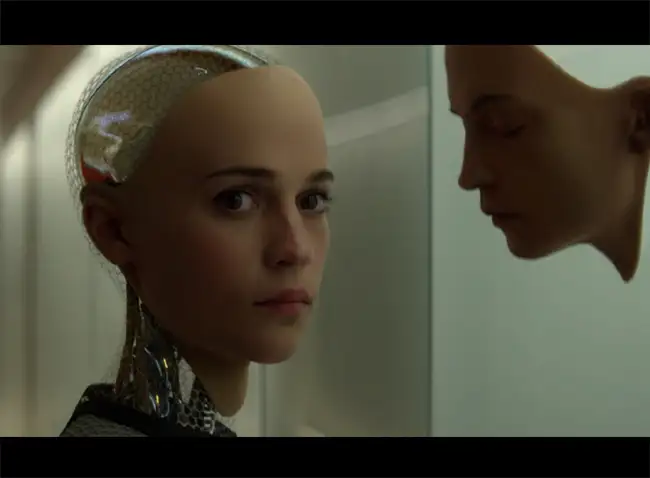Topic: In some science-fiction books and movies, we see that high-tech machines will rise against humans. Do you think it will finally happen in distant future? LELB Society's Student: Hajar In fact, as the new generation of “smart” robots, armed with greater intelligence and flexibility, manufacturer are more likely to replace them with workers because they are most cost effective. I think that the number of high-tech machines is expected to rise dramatically in the coming decades because thinking machines become more intelligent, versatile, and flexible. Initially, the general rates of technological progress are always imprecise, but it is fair ...
Home » IELTS Essay Writing Practice » Essay on Smart Robots and Artificial Intelligence

Essay on Smart Robots and Artificial Intelligence
Updated: by Dr. Mohammad Hossein Hariri Asl
Time to Read: 5 minutes | 337 Views | No Comments on Essay on Smart Robots and Artificial Intelligence
Share This Post
About the Author
Dr. Mohammad Hossein Hariri Asl is an English and Persian instructor, educator, researcher, inventor, published author, blogger, SEO expert, website developer, entrepreneur, and the creator of LELB Society. He's got a PhD in TEFL (Teaching English as a Foreign Language).
Number of Posts: 4243


